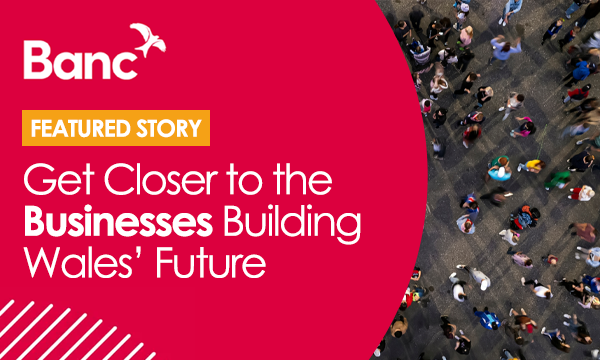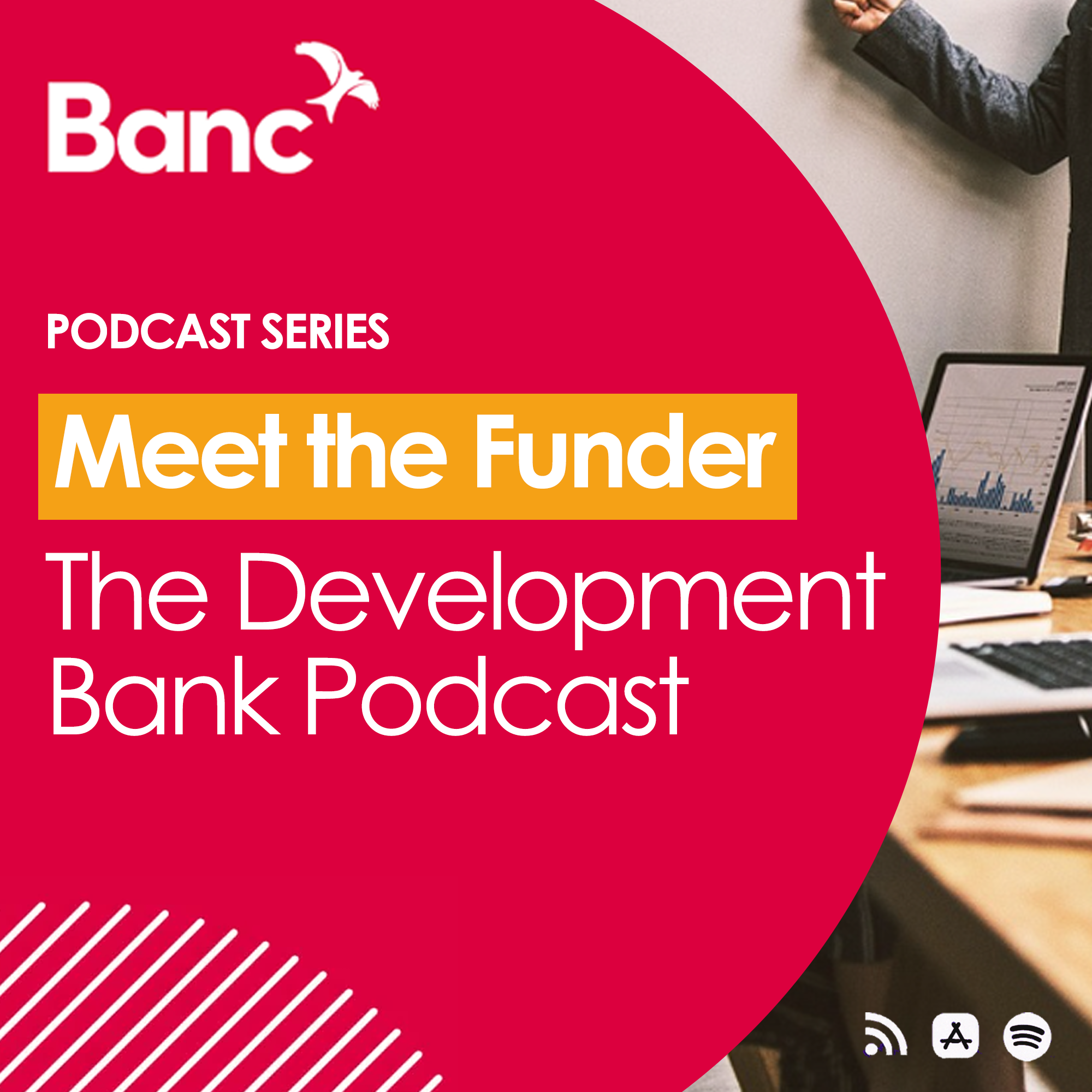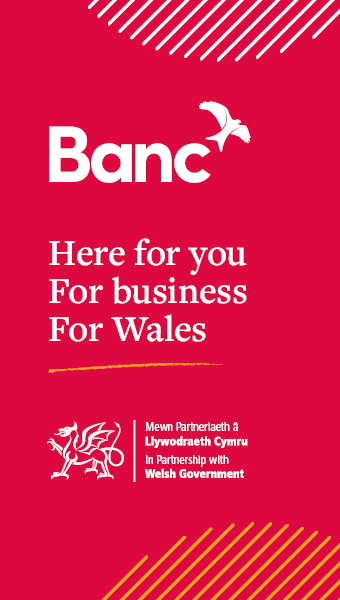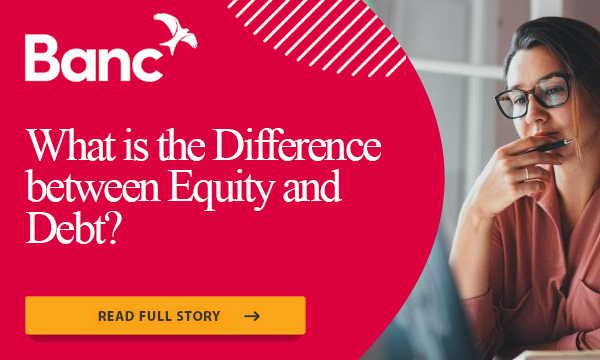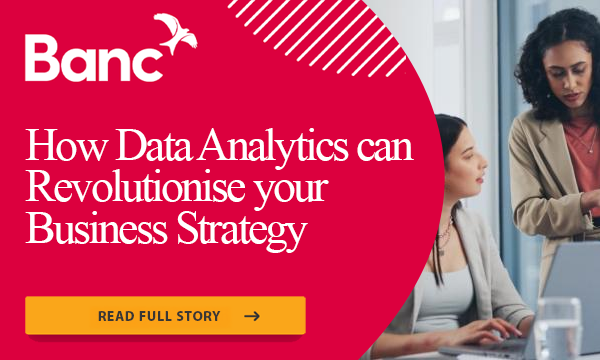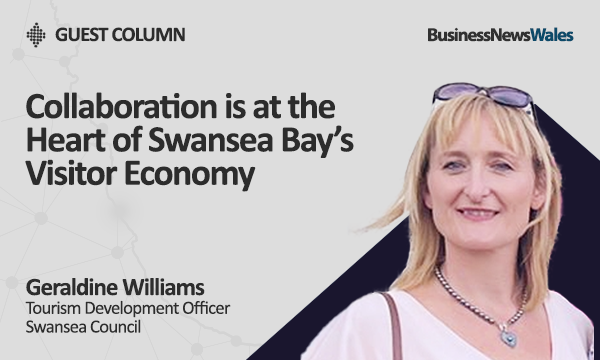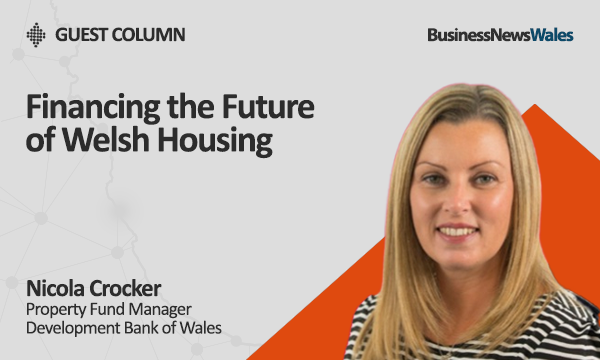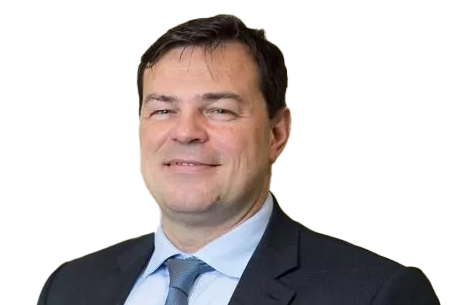
When we designed the Green Business Loan Scheme at the Development Bank of Wales, the intention was clear: to help Welsh businesses take practical steps towards decarbonisation, while also managing energy costs and uncertainty. What started as a response to rising energy prices has grown into a long-term tool for businesses across Wales to cut costs, reduce carbon emissions, and strengthen their competitiveness.
The Welsh Government’s decision to extend the scheme with an additional £10 million means there is now £20 million available until 2028. This funding will support more businesses on their journey towards net zero, ensuring that Wales remains at the forefront of decarbonisation rather than falling behind.
The logic behind the scheme is simple. Making sustainable investments often requires upfront costs, and not every business can afford to wait years for the benefits to feed through. Some measures, such as switching to LED lighting or improving insulation, deliver savings quickly. Others, such as investing in renewable energy technology or new plant and machinery, may take longer to repay themselves. The loan scheme was created to make those decisions easier and to encourage businesses to act rather than delay.
Since its launch in early 2023, more than 30 businesses have benefitted, with projects forecast to save more than 28,000 tonnes of carbon over their lifetime. The flexibility of the scheme has been central to this. Loans of up to £1.5 million are available with the ability to consider more for certain projects, and repayment terms of up to 15 years, and interest-only periods in the first year to allow time for energy savings to start showing in the accounts. Depending on the nature of the project, discounted interest rates are also available, with the highest discounts offered for projects such as air or ground source heat pumps that deliver significant carbon reductions.
The scheme is not just about loans. Businesses can also access advice and specialist support. We work closely with Business Wales energy efficiency coordinators, and up to 50 per cent of the cost of specialist consultancy can be grant funded through the scheme. That means a business can get expert guidance before committing to a finance package, helping them identify the right combination of measures for their operations.
What we have seen so far confirms that there is no single route to decarbonisation. A good example is Thorncliffe Building Supplies in Mold. We supported them with £3.2 million to invest in a new wash plant to process construction waste. This significantly reduces the amount of material going to landfill while producing more recyclable material to re-enter the market. For Thorncliffe, the commercial driver is reducing landfill costs, but the environmental gain is equally important.
At the other end of the scale is Oren Foods, a fruit and vegetable wholesaler in North Wales. Their £60,000 loan funded solar panels on their warehouse roof and installed electric vehicle charging points. The investment will help reduce their energy bills and support the business as it introduces electric vans for deliveries.
These examples highlight the breadth of what the scheme can support. It is not just about solar panels, but a wide suite of measures: from improving building fabric and upgrading machinery to reducing waste and water usage. Businesses of all sizes, from small family firms to large employers, are eligible, and the flexibility of the scheme means it can adapt to their needs.
Energy remains a major cost pressure for businesses, and reducing carbon emissions is now a requirement for every sector. But the message we want to get across is that the two challenges can be tackled together. Measures that reduce emissions often reduce costs too, and the businesses that act early will gain a competitive advantage.
The extension of the Green Business Loan Scheme is a clear signal of the commitment to supporting Welsh businesses in this area. For those considering how to start, the advice is simple: begin by looking closely at your operations. Many improvements start with small steps, such as tightening up on energy use in buildings or equipment. From there, more ambitious investments can be considered with the right support in place.
Our role is to make sure finance is not a barrier to those investments. By working with the right partners and taking the advice available, businesses in Wales can strengthen their bottom line and play their part in achieving net zero.
Nick Stork talks about this and more in Meet the Funder – The Development Bank Podcast. Listen to the podcast here.


